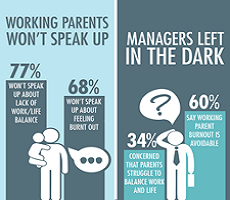November 11, 2015
Record construction of London office space, but supply shortfall remains 0
 Demand for office space in London continues to overwhelm its availability and in spite of record levels of construction, according to two new reports. The latest CBRE Monthly Index claims that rents in Central London’s booming office market grew by 10.3 percent in the year to October 2015, the first time annual growth has hit double digits since April 2008. Despite rapidly rising rents, take-up of offices in Central London continues to outpace the 10 year average. The capital saw 1.1 percent growth in October, with 3.6m sq ft of space snapped up by businesses in the third quarter of 2015, with a further 3.8m sq ft currently under offer and expected to complete before the end of the year. Change could be on the way however as the latest biannnual London crane survey from Deloitte claims that the amount of office space being built in central London has risen by a fifth in six months, the highest level for seven years.
Demand for office space in London continues to overwhelm its availability and in spite of record levels of construction, according to two new reports. The latest CBRE Monthly Index claims that rents in Central London’s booming office market grew by 10.3 percent in the year to October 2015, the first time annual growth has hit double digits since April 2008. Despite rapidly rising rents, take-up of offices in Central London continues to outpace the 10 year average. The capital saw 1.1 percent growth in October, with 3.6m sq ft of space snapped up by businesses in the third quarter of 2015, with a further 3.8m sq ft currently under offer and expected to complete before the end of the year. Change could be on the way however as the latest biannnual London crane survey from Deloitte claims that the amount of office space being built in central London has risen by a fifth in six months, the highest level for seven years.





















 The commercial property markets in the world’s major cities are evolving against a backdrop of ongoing economic and political uncertainty, according to
The commercial property markets in the world’s major cities are evolving against a backdrop of ongoing economic and political uncertainty, according to 











October 26, 2015
An updated green building standard designed to meet wider business objectives 0
by Sue Gregson • Comment, Facilities management, Legal news, Property
(more…)